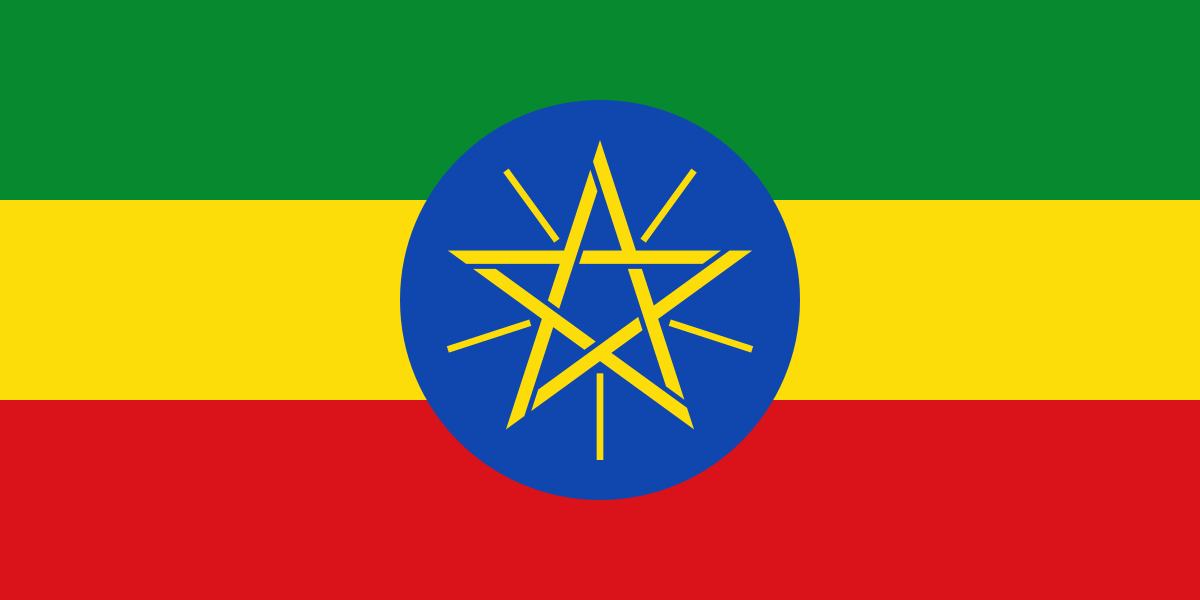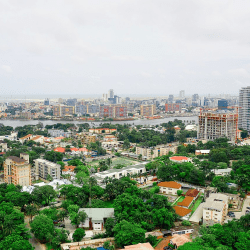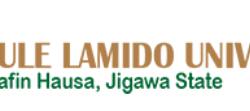

Insurance companies in Ethiopia and their address, phone number, email, fax, number of branches, date of establishment
Africa Insurance Company S.C
Established Date:
1/12/1994
Fax:
+251 114 67 32 58
Email:
africains@ethionet.et
Phone:
+251 116 63 77 16 , +251 116 62 45 79
Awash Insurance Company S.C
Established Date:
1/10/1994
Fax:
+251 11 557 02 08
Email:
aic@ethionet.et
Phone:
+251 111 557 02 09/05
Global Insurance Company S.C.
Established Date:
11/1/1997
Fax:
+251 111 56 62 00
Email:
globalinsu@ethionet.et
Phone:
+251 111 56 74 00 , +251 111 56 04 83
Lion Insurance Company S.C
Established Date:
1/7/2007
Fax:
+251 116 63 29 40
Email:
lioninsurance@ethionet.et
Phone:
+251 116 63 29 36/47 , +251 116 63 29 43 ,
+251 911 23 61 23
NIB Insurance Company
Established Date:
1/5/2002
Fax:
+251 115 52 81 93
Email:
nibinsgm@ethionet.et
Phone:
+251 115 52 81 94 , +251 115 52 81 95 ,
+251 115 52 81 96
Nile Insurance Company S.C
Established Date:
11/4/1995
Fax:
+251 115 51 45 92
Email:
nile@ethionet.et
Phone:
+251 114 42 57 54 , +251 114 42 60 00 ,
+251 911 20 15 44
Nyala Insurance Company S.C
Established Date:
6/1/1995
Fax:
+251 116 62 67 06
Email:
nisco@ethionet.et
Phone:
+251 116 62 67 07 , +251 116 62 66 67
The United Insurance S.C
Established Date:
1/4/1997
Fax:
+251 114 67 32 58
Email:
united.insurance@ethionet.et
Phone:
+251 114 65 56 56
Ethiopian Insurance Corporation
Established Date:
1975
Fax:
+251 11 551 74 99
Email:
eic.mdxvs@ethionet.et
Phone:
+251 11 551 24 00
Abay Insurance Company
Established Date:
26/07/2010
Fax:
+251 11 515 76 90
Email:
abayinsurance@ethionet.et
Phone:
+251 11 553 53 00
Berhan Insurance S.C.
Established Date:
24/05/2011
Fax:
+251 14 668 701
Email:
berhaninsurance@yahoo.com
Phone:
+251 14 674423
National Insurance Company of Ethiopia S.C.
Established Date:
23/09/1994
Fax:
+251 11 465 06 60
Email:
nice@ethionet.et
Phone:
+251 11 666 11 29
Oromia Insurance Company S.C.
Established Date:
26/01/2009
Fax:
+251 11 550 31 92
Email:
oromiainsurance@ethionet.et
Phone:
+251 11 895 95 84/79
Ethio-Life and General Insurance S.C.
Established Date:
23/10/2008
Fax:
+251 11 554 96 53
Email:
elig.insurance@ethionet.et
Phone:
+251 11 554 96 5052
Tsehay Insurance S.C.
Established Date:
28/03/2012
Fax:
+251 1111 19886
Email:
tsehayinsurance@ethionet.et
Phone:
+251 111-119816/27
Lucy Insurance S.C.
Established Date:
01/10/2012
Fax:
+251 114 671896
Email:
lucyinsceo@ethionet.et
Phone:
+251 11 14671484/251 118965970
Bunna Insurance S.C.
Established Date:
21/05/2013
Fax:
+251 11-1119635
Email:
bunna.insurance@gmail.com
Phone:
+251 111 1576054
Zemen Insurance S.C
Established Date:
January 17, 2020
Fax:
+251 11-1119635
Phone:
+251 5 575464 +251 5 575850
Ethiopia
The Federal Democratic Republic of Ethiopia is an African country.
It shares borders with Eritrea to the north, Djibouti to the northeast, Somalia to the east and southeast, Kenya to the south, South Sudan to the west, and Sudan to the northwest.
Addis Ababa is the capital and largest city.

Languages: Amharic, Oromo, Somali, Tigrigna, Afar …
Currency: Ethiopian Birr
Dialing code: +251

As of 2023 the country’s population was 107,334,000, making it the 13 most populated country in the world and 2 most populated in Africa after Nigeria.
It covers a land area of 1,112,000 square kilometres (472,000 sq. miles).

Ethiopia is multi-ethnic with over 80 different ethnic groups. Oromo and Amhara are the country’s two largest ethnic groups.
Christianity is the most widely professed faith in the country. The country has some adherents of Islam and other faiths.
Regions
Ethiopia is administratively divided into four levels: regions, zones, woredas (districts) and kebele (wards).
The first level administrative division in Ethiopia is a region, also called kilil, or alternatively regional state.
The 1995 Constitution of Ethiopia established the regions based on ethno-linguistic territories.
The country comprises 11 regions and two city administrations under these regions, many zones, woredas and neighbourhood administration: kebeles.
Previously, this level was called a province, and though many of the old province and new region names are the same, the entities are not identical and the words region and province are not interchangeable. As of 2022 there were eleven regions.
The regions and their capitals in Ethiopia are as follows:
- Addis Ababa (City) …. Addis Ababa
- Afar Region … Semera
- Amhara Region … Bahir Dar
- Benishangul-Gumuz Region … Asosa
- Dire Dawa (City) … Dire Dawa
- Gambela Region … Gambela
- Harari Region … Harar
- Oromia Region … Addis Ababa
- Sidama Region … Hawassa
- Somali Region … Jijiga
- South West Ethiopia Peoples’ Region … Bonga
- Southern Nations, Nationalities, and Peoples’ Region … Hawassa
- Tigray Region … Mek’ele
Zones
Regions are subdivided into zones. The number of zones varies, but most regions have around six to twelve zones.
The largest region Oromia has over 20 zones, and the two smallest regions have none.
There are some cities which are set up as “special zones”, such as Bahir Dar Special Zone in the Amhara Region.
The earlier equivalent to a zone was called an awrajja, and many zones today are named the same as their earlier awrajja, but the terms zone and awrajja are not interchangeable.
Woredas
Zones are divided into woredas (districts). In Ethiopia, the woredas comprise three main organs: a council, an executive and a judicial.
The Woreda Council is the highest government organ of the district, which is made up of directly elected representatives from each kebele in the woredas.
The representative of the people in each kebele is accountable to their electorate.
Kebele
Woredas are divided into kebele, municipalities. Each kebele comprises around 20 smaller villages.
Kebele is the smallest administrative division. This is sometimes also called tabia or tabiya. They are at the neighbourhood level and are the primary contact for most citizens living in Ethiopia. Their administrative unit consists of an elected council, a cabinet (executive committee), a social court and the development and security staff. Kebeles are accountable to their woreda councils and are typically responsible for providing basic education, primary health care, agriculture, water, and rural roads.








